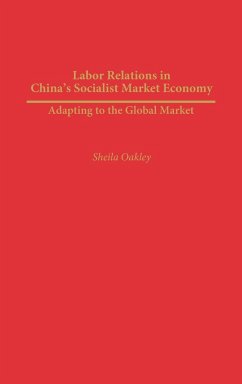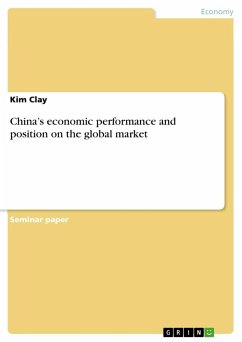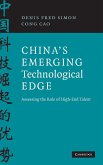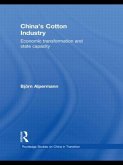Ideological and cultural factors do not define or influence the way labor relations are conducted in China's workplace, as many suppose they do. Oakley shows that the impact of the global market has significantly altered the way labor relations are actually practiced in China, which follows what she calls a global market paradigm. Nevertheless, Maoism and Confucianism continue to influence labor relations in China, and the ideological and cultural remnants still to be found could affect China's relations with other nations for years to come. Instead of taking a macro-level, industrial-relations approach common to other studies of Chinese labor, Oakley provides an in-depth look at the problems emerging on the shop floor, in the wake of economic reform. She provides translations of actual case histories, each of which details the causes of disputes, the various methods that were found to resolve them, and their eventual outcomes. At a broader level of analysis, her book tends to support convergence theories, of which globalization is the latest, proving that there are other features in contemporary market labor relations that have emerged in China in direct response to the demands of global competition. The result is a superbly detailed examination of a topic too little covered and seldom well understood. Oakley begins by considering the features of market labor relations and the emergence of a globalization-friendly style, in both Western and Asian economics. She continues with an analysis of the ideological and cultural dimensions of the relationship between managers and managed. In the next three chapters, she discusses the causes, resolution methods, and labor dispute outcomes. In each case she refers to the evidence of market, Maoist, and Confucian influences. The conclusion she draws is that while Confucian ideas and traces of Maoism continue to have an impact on the development and resolution of labor disputes in post-reform China overall, Chinese labor relations conform to the demands of the global, not the provincial, marketplace.
Hinweis: Dieser Artikel kann nur an eine deutsche Lieferadresse ausgeliefert werden.
Hinweis: Dieser Artikel kann nur an eine deutsche Lieferadresse ausgeliefert werden.








